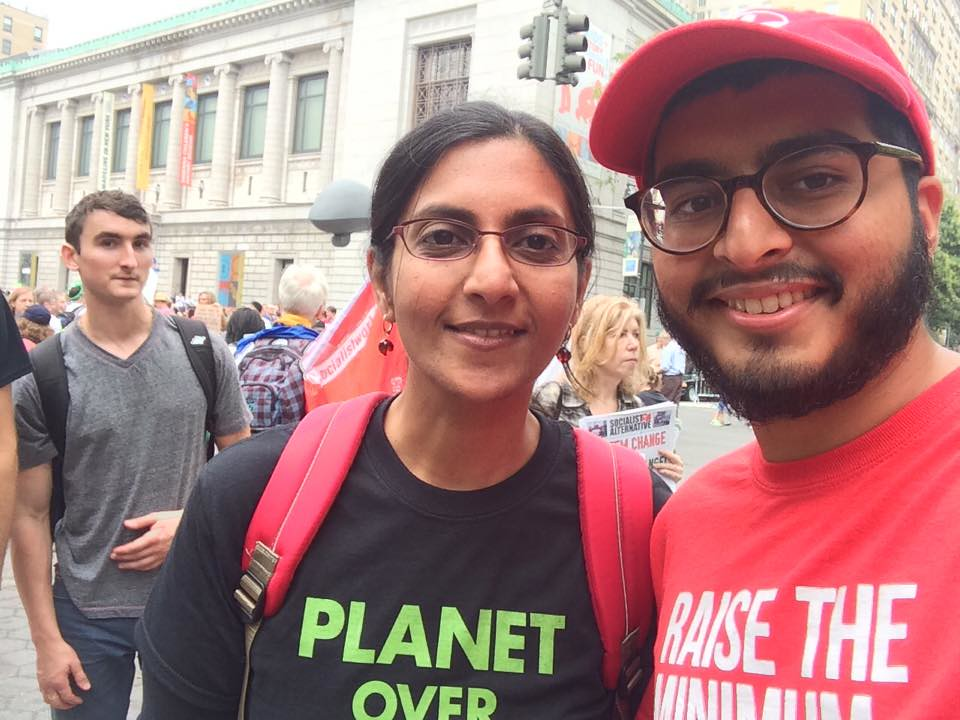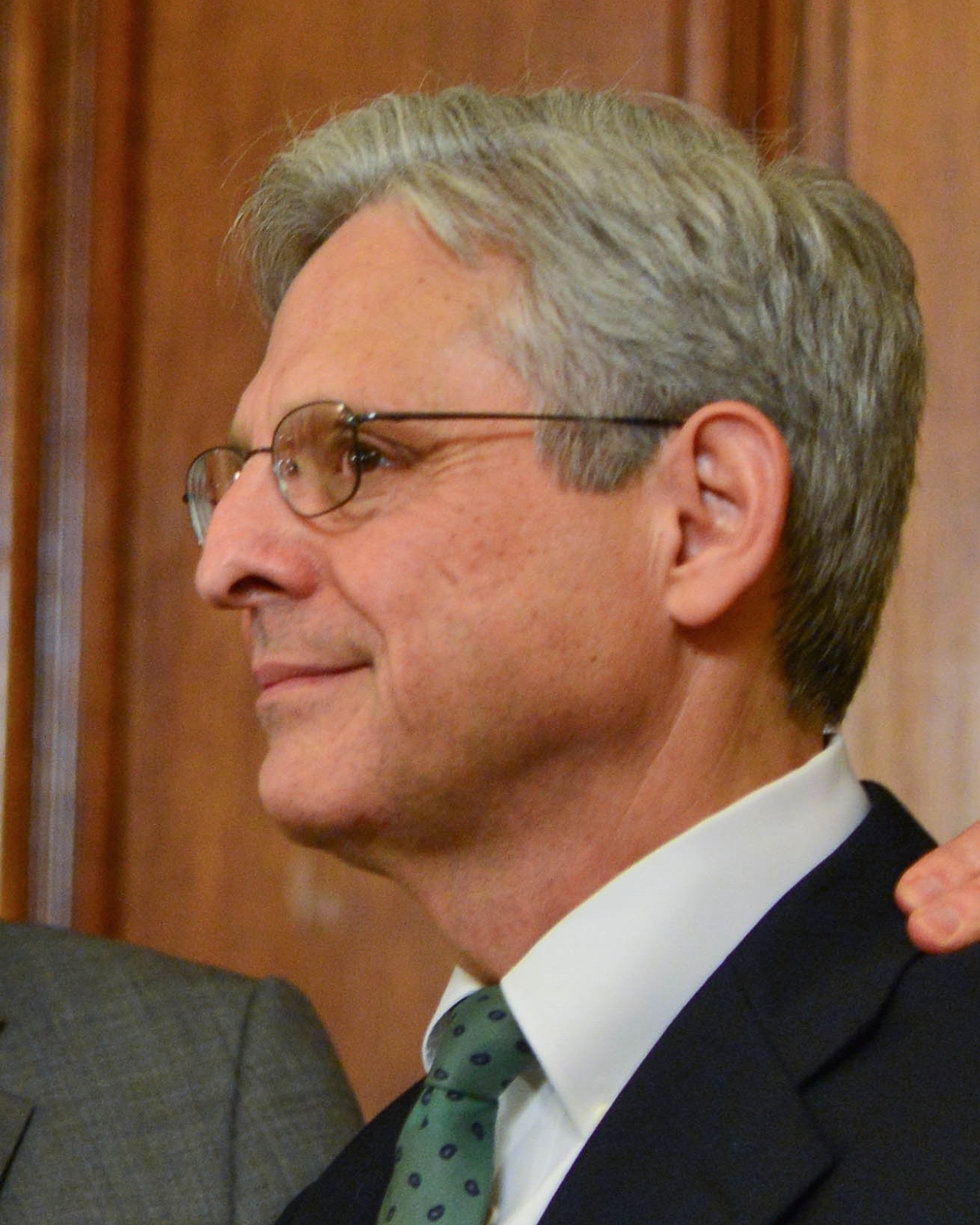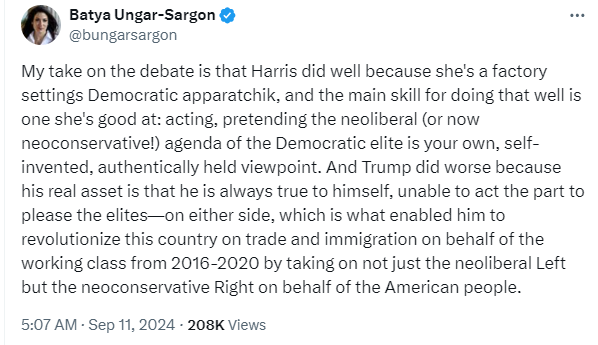Election day is coming up, and while my choices are very easy on a national level (every Democrat gets my enthusiastic, excited, and unqualified endorsement), there are a bunch of local races where I'm feeling considerably less informed. So I'm going to lay out my tentative preferences for Portland Mayor, City Council (District 4), and Multnomah County Commissioner (District 1), as well as some ballot initiatives -- but I very much invite you to chime in with your own thoughts if you have information I do not.
Mayor
We have ranked choice voting now, so it's not just a matter of choosing a favorite -- you have to have an order of preference (at least amongst viable candidates). As far as I can tell, there are four candidates who seem to have a plausible shot: Rene Gonzalez, Carmen Rubio, Keith Wilson, and Mingus Mapps.
1. Keith Wilson. Wilson is the "outsider" candidate -- he's never held political office before -- and for me that's actually a significant strike against him. I think politics is a job, and one people get better at with experience. That said, the entire field of candidates seems profoundly unimpressive this year, and Wilson -- who at the very least seems to be thoughtful and dedicated to public service. Most people agree that homelessness is the critical issue in Portland, and Wilson has made that his signature issue -- not just as a matter of rhetoric, but actually putting in the work to really study best practices around the country to try and figure out what will work for Portland. I admit that I still don't fully have a bead on the nitty-gritty here, but it seems like Wilson is landing in a place in between the twin poles of "snuggle the problem until it goes away" and "send in the shock troopers", and that appeals to my progressive pragmatist sensibilities.
2. Mingus Mapps. Great name, first of all. The bead on Mapps seems to be that he's a good and thoughtful guy, but has not been especially effective in his tenure on the Portland City Commission. That's turned off several would-be supporters who were big boosters of his when he first ran for elective office. For me, good instincts and blandly inoffensive isn't a rousing endorsement, but it still pushes him into second place given his contenders.
3. Carmen Rubio. If this election was held three months ago, Rubio probably would've been my pick. Policywise, she seems like a good progressive Democrat but not a blinkered fundamentalist, and I'm all for that cocktail. But Rubio has been buffeted by a pretty big scandal recently that has really soured me on her -- specifically, an incredibly long rap sheet of hundreds parking and traffic offenses, many of which she simply refused to pay, leading to having her license suspending six times.
Look, I know I'm not voting for city driving instructor. But everything about this scandal has made me think that Rubio is the sort of person who can't be entrusted with power. A few traffic violations here and there, whatever. Over a hundred, and we have someone who just clearly thinks of herself as above the petty rules that govern society. And it just kept getting worse. Four days after the Oregonian broke the story, Rubio dinged yet another car in a parking lot. Then she didn't leave a note. Then, when the car owner tracked her down, she accused him of trying to blackmail her. Then she claimed that sexism was to blame for why people viewed any of this as a problem at all. The mix of brazen disregard for the law and the quick cries of persecution is -- I hate to say it -- a bit Trumpist in character, and I cannot abide that. Maybe there are ways she can actually restore public trust and return to public service. But right now, she needs to actually face some accountability.
4. Rene Gonzalez. Everyone in Portland runs as a Democrat, but Gonzalez definitely is occupying the "law and order" lane, where "law and order" seems to mean "cracking homeless skulls until they find housing." As noted above, I don't think homelessness is a problem we can just snuggle our way to a solution of, but neither do I think it's something that can be resolved by hyperaggressive policing. Gonzalez seems less concerned with "solving homelessness" than he is interested in "solving people having to see the homeless," and this issue deserves better. And while Gonzalez doesn't have quite the length of Rubio's scandal sheet, he has some worrying signals of his own regarding abuse of power (including calling the cops on a constituent who brushed past him on the subway), and definitely has ranked poorly on the "plays well with others" metric during his time on the city commission.
City Council (District 4)
There are approximately six trillion people running for three seats here, but from what I can tell there is a bit of a coalescing among the establishment-types behind Olivia Clarke, Eric Zimmerman, and Eli Arnold, with progressives backing the trio of Mitch Green, Chad Lykins, and Sarah Silkie. But while the top three don't overlap, my first thought was to see whether there were any candidates who seemed reasonably well-liked by both factions. The progressive groups I looked at still had nice things to say about Clarke, the former legislative director for Oregon Governor John Kitzhaber, so she seems like a good fit. And likewise, the establishment venues had praise for Silkie and Green. For Silkie, that's also probably good enough to put her towards the top of my list. As for Green, he's apparently my neighbor in West Portland Park, which is a point in his favor. But he's carrying a DSA endorsement, which admittedly makes me nervous these days. Are there strong reasons to pick Lykins, Zimmerman, or Arnold above him? I don't know! Still, unlike the mayor's race, it seems that in District 4 we have an abundance of solid choices, which is nice to see. Definitely can be swayed in various directions here.
Multnomah County Commission (District 1)
Meghan Moyer versus Vadim Mozyrsky. Both seem like strong candidates. I voted for Mozyrsky once before, but he lost to Rene Gonzalez -- still think I made the right call there. Moyer's seemingly got the better endorsements this time around. Honestly, I'll probably be happy with either.
Ballot Measures
The two significantly contested measures, both statewide, are 117, which provides for ranked choice voting in most state and federal elections, and 118, which is basically a huge tax increase on businesses to fund a $1,600 universal basic income. I lean towards yes on 117 -- I'm not an evangelist for ranked choice voting, but I don't object to it either.
118, by contrast, seems like a very classic "if the issue is important enough, it shouldn't matter how incompetently we execute it!" initiative. I find UBI an appealing prospect. And to be honest, I do not care that "Phil Knight will get $1,600 too!" There are three billionaires in Oregon; including them in the program will cost the state $4,800. Creating extra layers of bureaucratic red tape to distinguish between worthy and unworthy recipients will cost more and will make the program less streamlined for regular folks. But the way this program is structured, it stands a strong chance of starving the state budget of funds for essentially any other public service -- and that will be a catastrophe.
So -- am I wrong about anything? Is there something I'm overlooking? Pleaes, let me know in the comments!

















